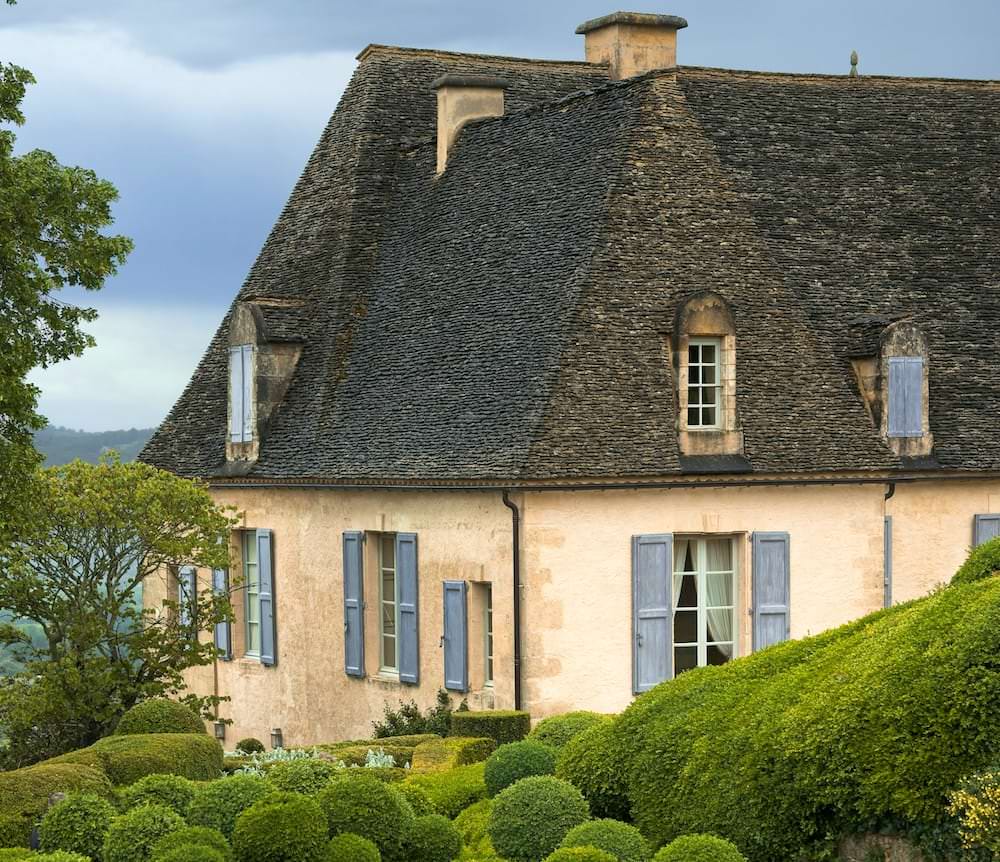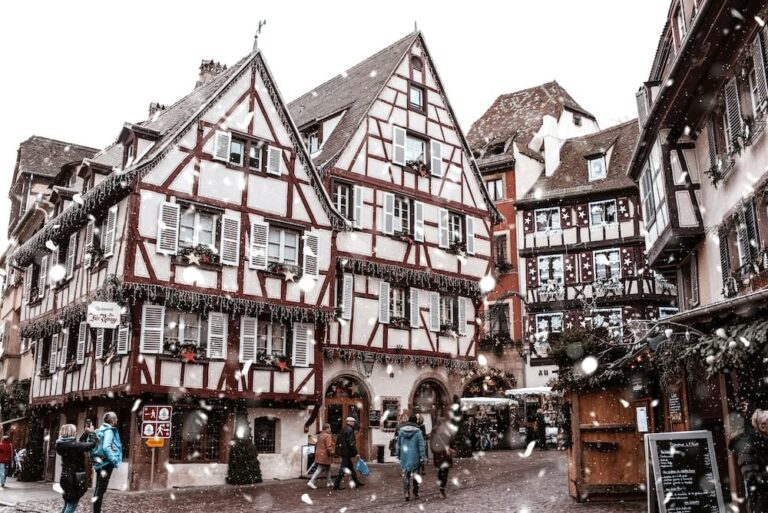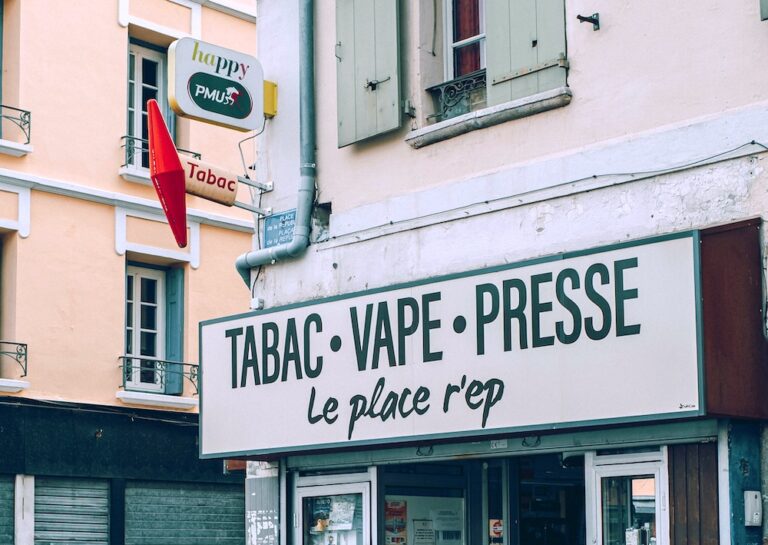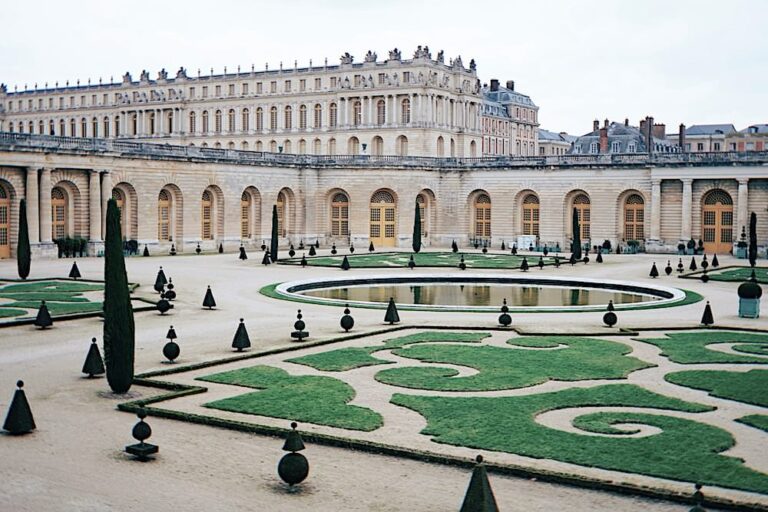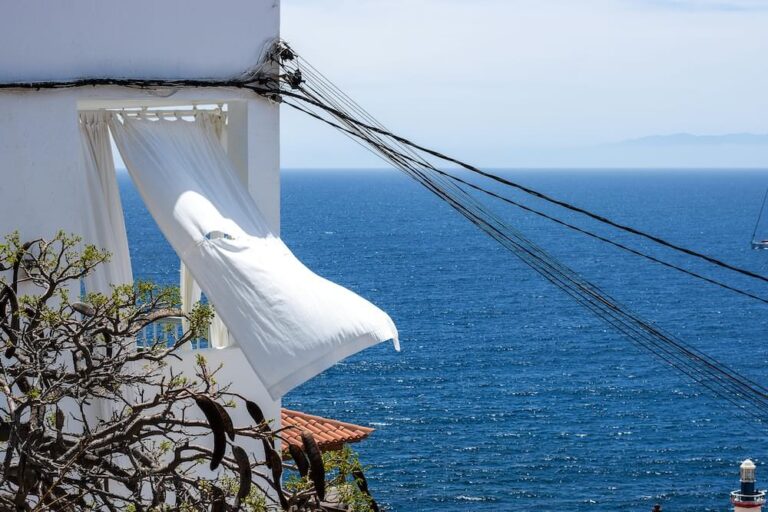que vs ce que
In French, the words que and ce que both translate to “that” or “what” in English, but they function differently in sentences.
1. “Que” as a Relative Pronoun
Que is a relative pronoun that refers to a previously mentioned noun (the antecedent) and acts as the direct object of the relative clause. It can refer to people or things.
Examples:
- Le livre que je lis est passionnant. (The book that I’m reading is fascinating.)
- La femme que tu vois est ma professeure. (The woman whom you see is my teacher.)
- Les films que nous regardons sont comiques. (The movies that we watch are funny.)
Here, que connects to a noun (le livre, la femme, les films) and introduces a clause where it serves as the object.
2. “Ce Que” as an Indefinite Relative Pronoun
Ce que does not refer to a specific noun but instead introduces a general idea or an entire clause. It means “what” or “that which” and functions as the object of the relative clause.
Examples:
- Je ne sais pas ce que tu veux. (I don’t know what you want.)
- Ce que tu dis est important. (What you say is important.)
- Dis-moi ce que tu penses. (Tell me what you think.)
In these cases, ce que does not replace a particular noun but refers to an undefined concept or statement.
Key Differences
| Feature | Que | Ce Que |
|---|---|---|
| Reference | Refers to a specific noun | Refers to a general idea |
| Function | Direct object in the clause | Object of an indefinite clause |
| Example | Le repas que j’ai mangé (The meal that I ate) | Je comprends ce que tu veux dire (I understand what you mean) |
